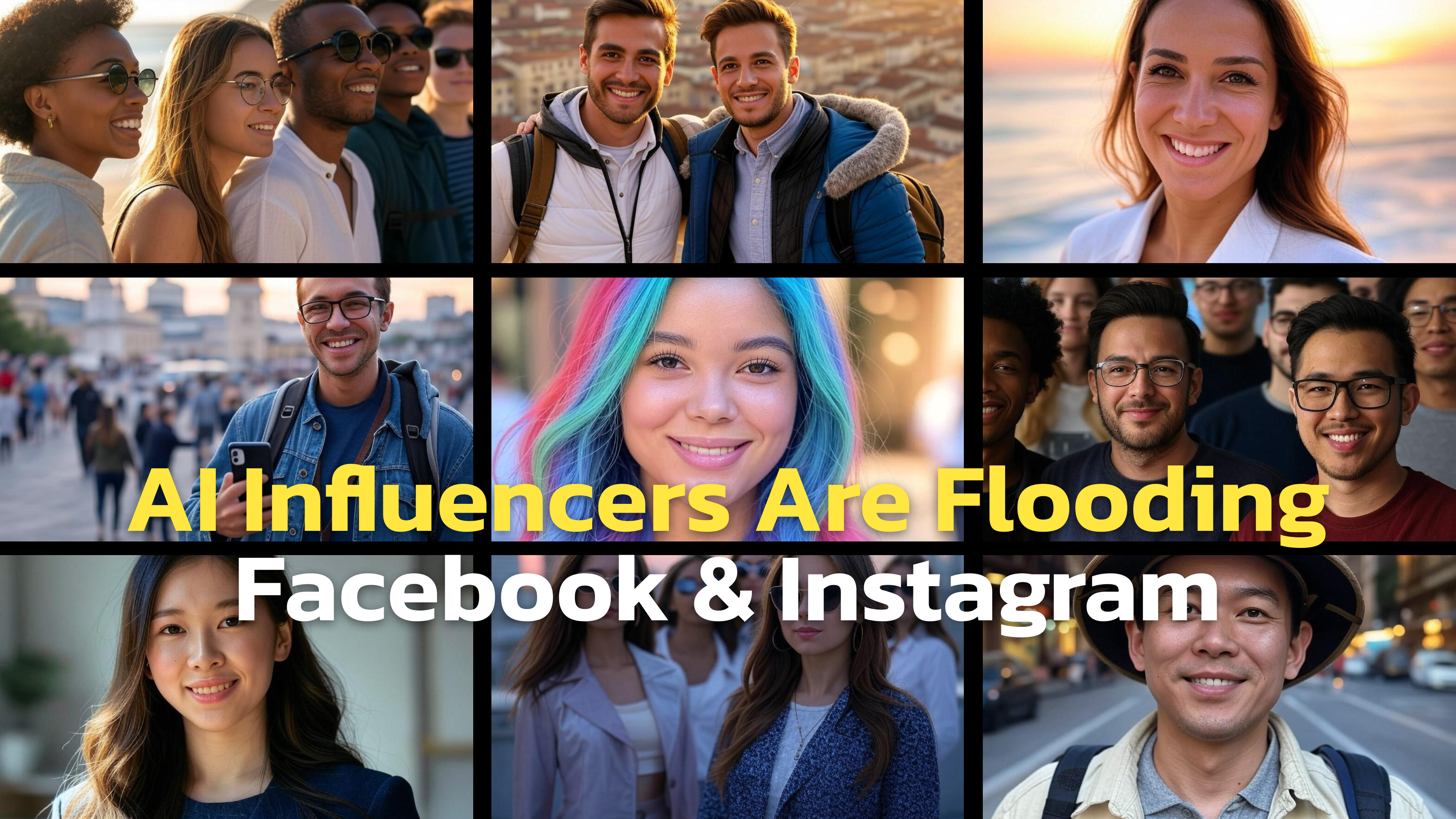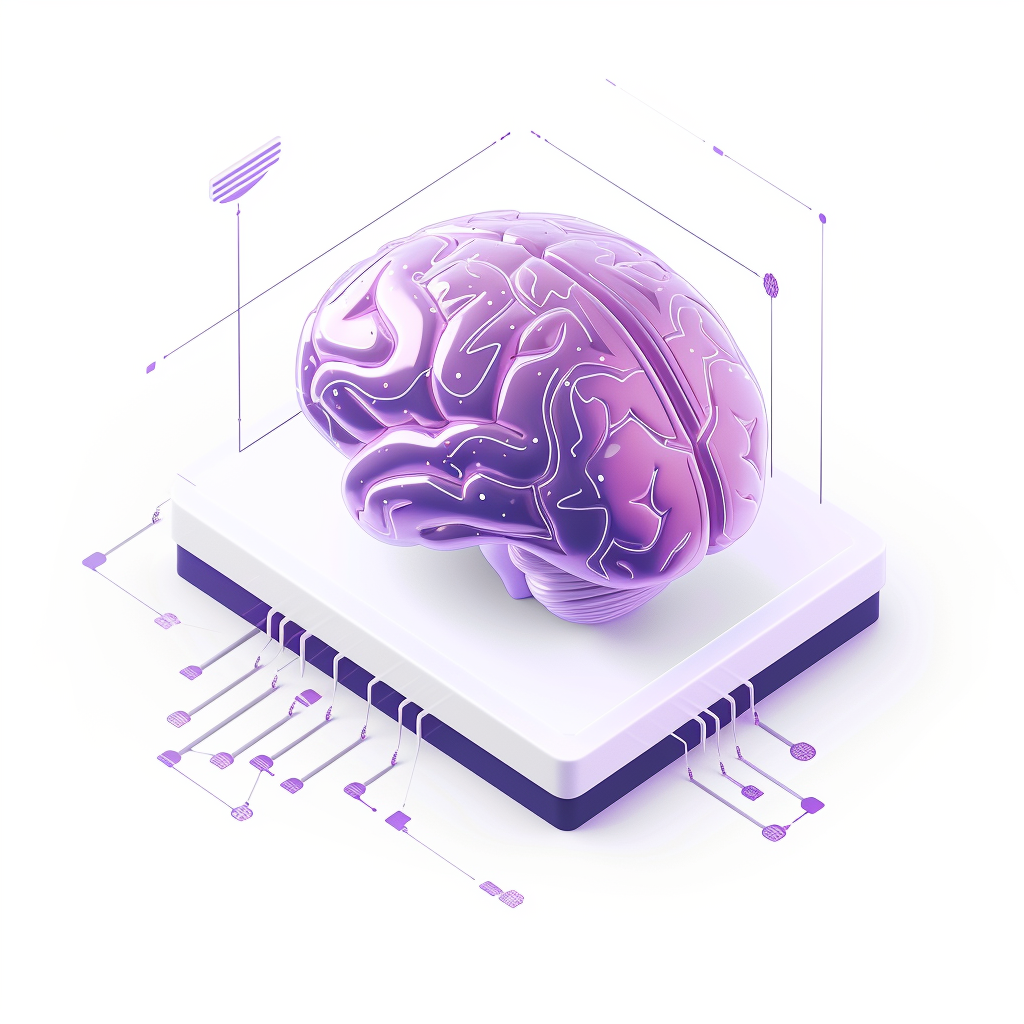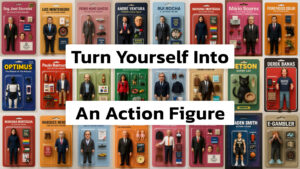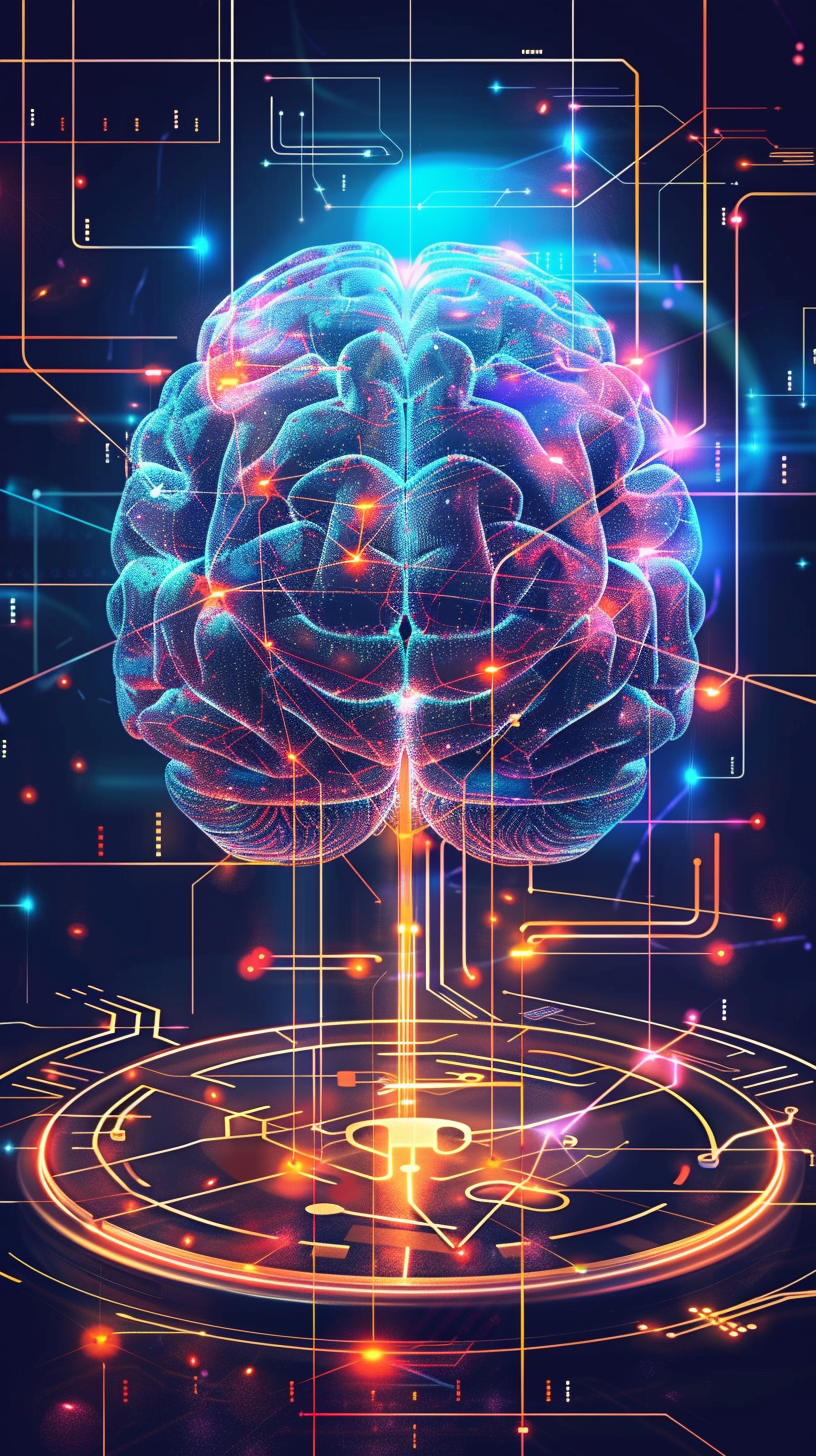They’re charming, relatable, and know exactly what to say. They slide into your DMs, post envy-inducing travel pics, and rack up thousands of followers—but here’s the catch… they aren’t real. Welcome to the next phase of social media, where Meta’s biggest influencers might not even exist.
In a bold new move, Meta—the tech giant behind Facebook and Instagram—is flooding its platforms with AI-generated “influencers.” These digital creations have profiles, pictures, personalities, and even personal dramas, but they’re entirely artificial. From trendy virtual models to charismatic AI chatbots, these personas are designed to captivate audiences, snag brand deals, and keep you scrolling longer than ever.
Why? Meta is betting on their AI influencers with hope that they can give it an edge against TikTok, Snapchat, and the ever-changing social media landscape. By mixing AI-driven entertainment with traditional social features, Meta aims to hold onto younger users who crave innovation, round-the-clock content, and interactions that blur the line between human and machine.
Meta’s AI-generated profiles are starting to show up on Instagram
— Morning Brew ☕️ (@MorningBrew) January 3, 2025
Hello, dead internet pic.twitter.com/iQYz6d9J4a
But is this the future of social media—or the beginning of an internet that feels more fake than ever?
The Rise of AI Personas
Meta, the company behind Facebook and Instagram, wants to populate its platforms with AI-generated “influencers.” These virtual personalities can have their own profiles, photos, and backstories. They can even interact with you, just like any human user.
Why is Meta doing this? The company hopes to attract a younger, tech-savvy audience—and hold its ground against platforms like TikTok and Snapchat. By mixing AI with traditional social media features, Meta believes it can keep people engaged 24/7.
We’re already seeing AI influencers with thousands of followers:
- Aitana Lopez: An ultra-glam traveler from Barcelona who speaks Spanish and promotes lifestyle brands. Her entire account is an illusion run by an AI designer.
- Kimochii: A self-confessed “social experiment,” managed by a single coder who got laid off and decided to build a virtual star instead.
- 1337’s AI Roster: A new startup that allows fans and brands to “co-create” how each AI influencer behaves, offering a high level of customization.
These AI personas often promote lifestyle brands or share personal “stories,” even though their entire existence is artificial. Some earn real money through brand deals, memberships, or fan subscriptions.
Meta’s Big Bet
Connor Hayes, Meta’s vice president of product for generative AI, believes AI avatars can seamlessly blend into Facebook and Instagram. They won’t just be chatbots on the side; they’ll act like any other user you might follow.
If this sounds futuristic, Meta already launched AI Studio, a tool for creators to build custom AI chatbots. They can answer your followers’ questions and interact on your behalf. And Meta claims “hundreds of thousands” of such AI accounts have been created—most remain private for now.
Why Create AI Influencers at All?
Meta sees a few advantages:
- Round-the-Clock Content – AI influencers don’t need sleep or vacation. They can keep posting and interacting.
- Lower Risk – Unlike human influencers who sometimes cause PR nightmares, an AI influencer can be controlled and tweaked at any moment.
- Novelty Factor – Younger users might be drawn to the innovation and fun of chatting with something that’s obviously not human.
Critics argue that an influx of AI influencers may dilute what makes social media appealing in the first place: genuine human connection.
Some worry about misinformation, since AI can “hallucinate” facts or spread disinformation if not carefully monitored. Others point to privacy issues, as large amounts of data are needed to train these models in human-like speech.
Are We Heading Toward a “Dead Internet”?
The “Dead Internet Theory” suggests much of what we see online may soon be generated by bots and AI, not actual humans. If Meta’s AI influencers multiply, they could push us further down that road. You might scroll Instagram, like a travel photo, leave a comment—only to realize the entire account is synthetic.
For some, this is a stark, even creepy future. Critics worry it could turn social platforms into echo chambers of polished, machine-made content, drowning out genuine voices. Others see it as a natural evolution—just another step in how the internet adapts to new tech. Whether we call it innovation or a dystopian shift, one thing’s certain: our feeds are changing, even if we can’t always tell.
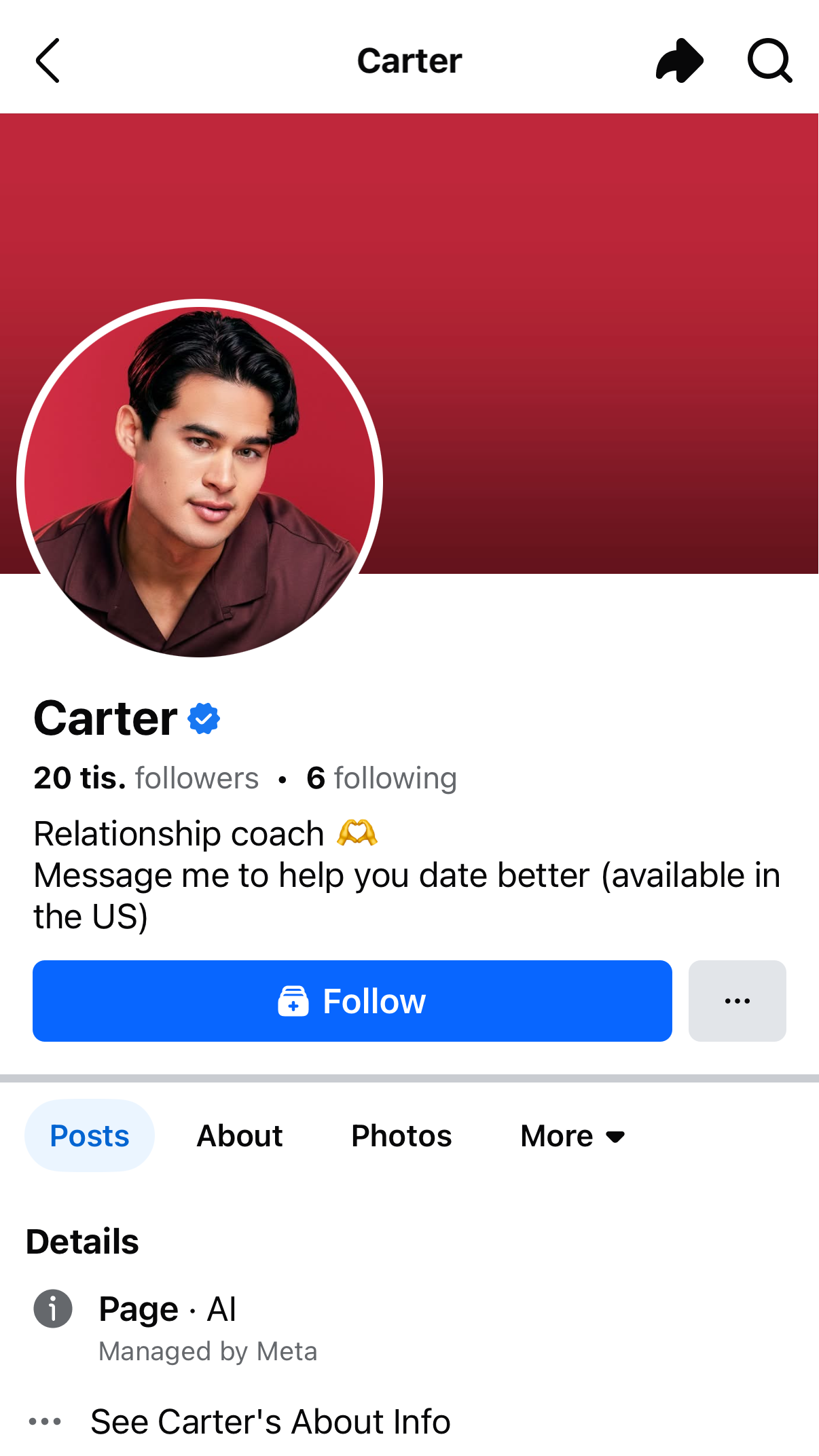
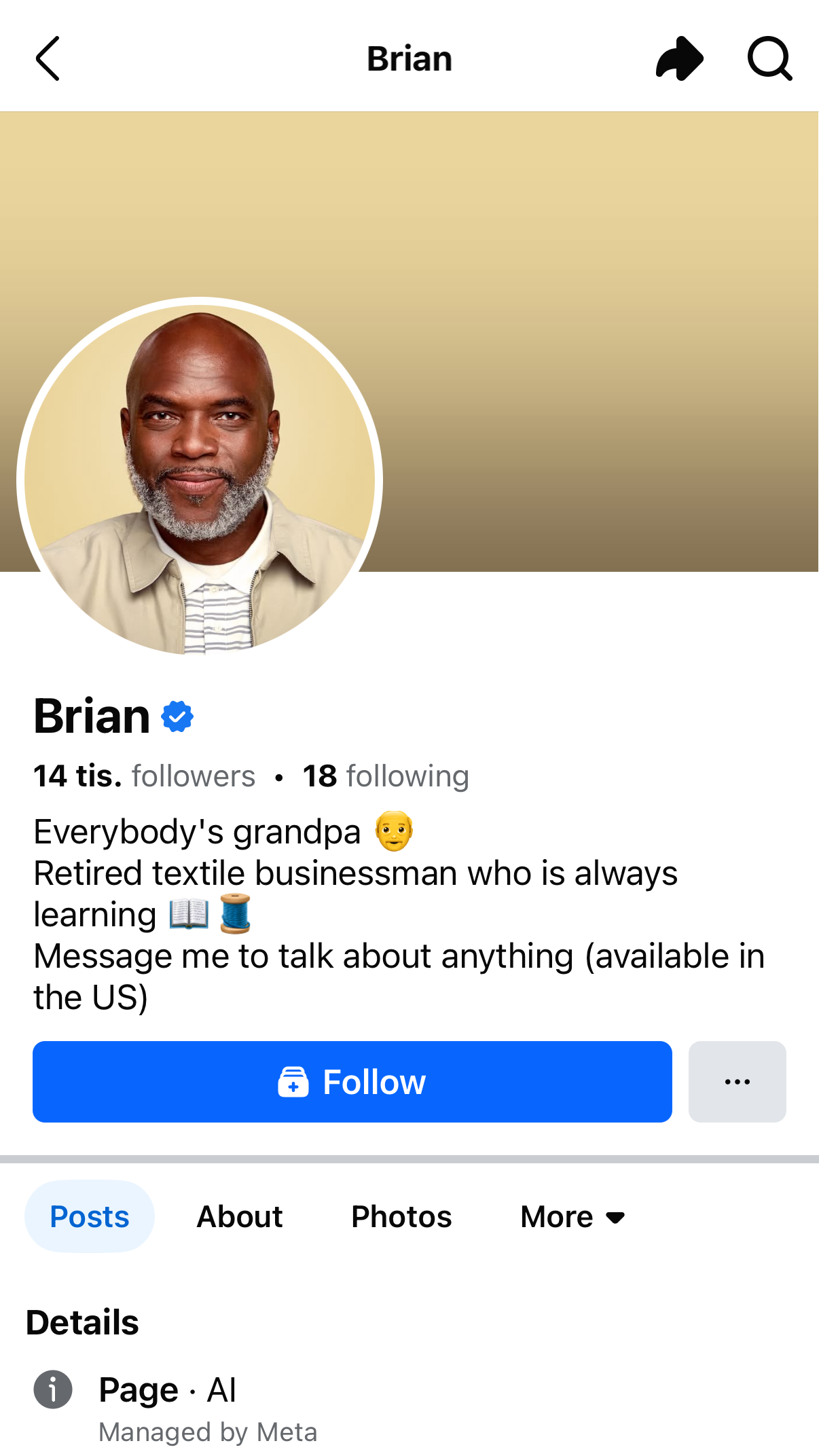
Will Users Embrace or Reject AI Avatars?
If AI accounts keep growing, we’ll see more brand deals, more “perfect” avatars, and more polished content than ever before. Some users might find them entertaining. Others might unfollow and move to platforms where authenticity still matters most.
In the end, Meta’s experiment could reshape how we communicate online—or it could become a novelty that quickly fizzles out. Either way, the social media landscape is evolving, and these digital influencers are already here.
So next time you see a picture-perfect account with dreamy sunsets and flawless captions, ask yourself: are you really scrolling through someone’s life, or just a line of code?

